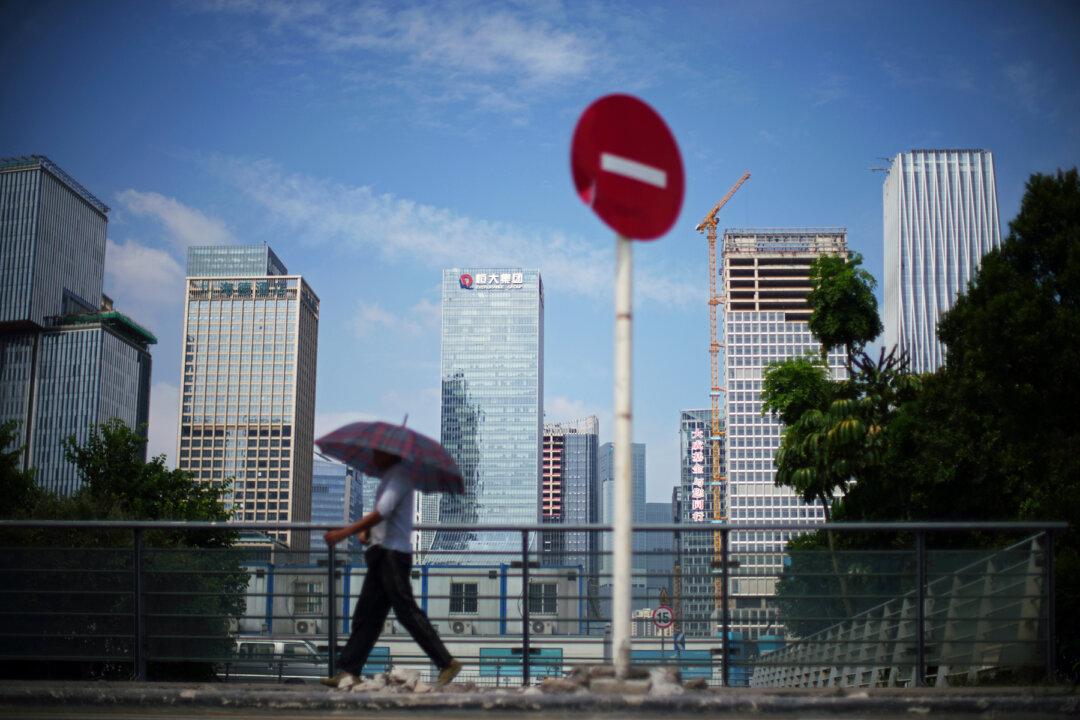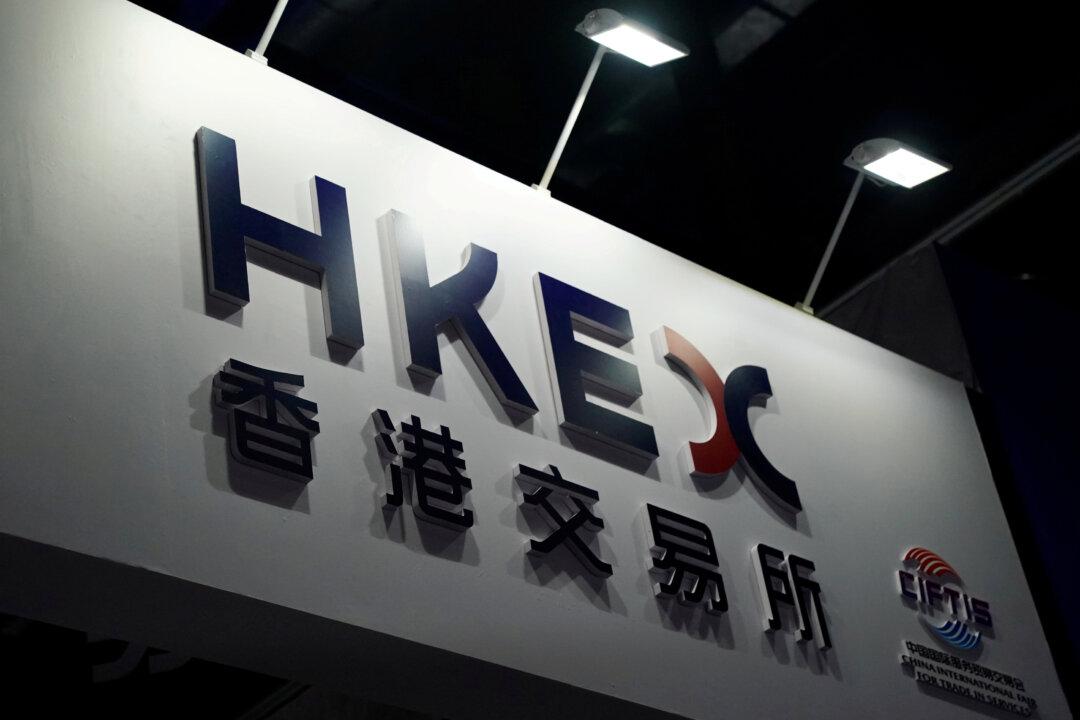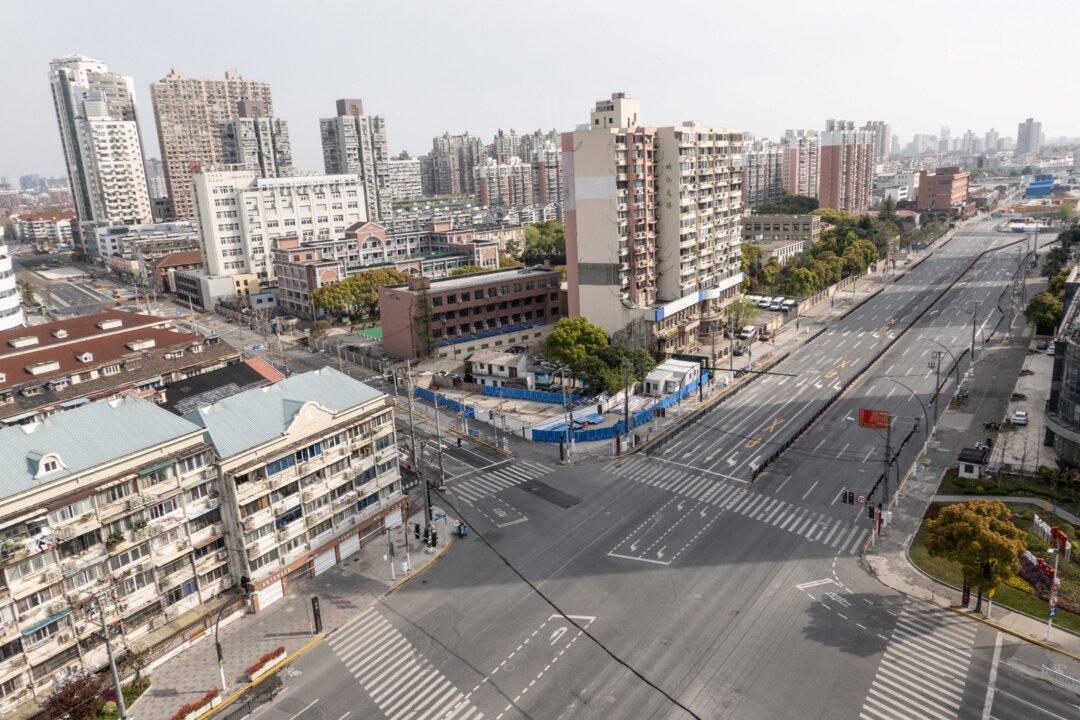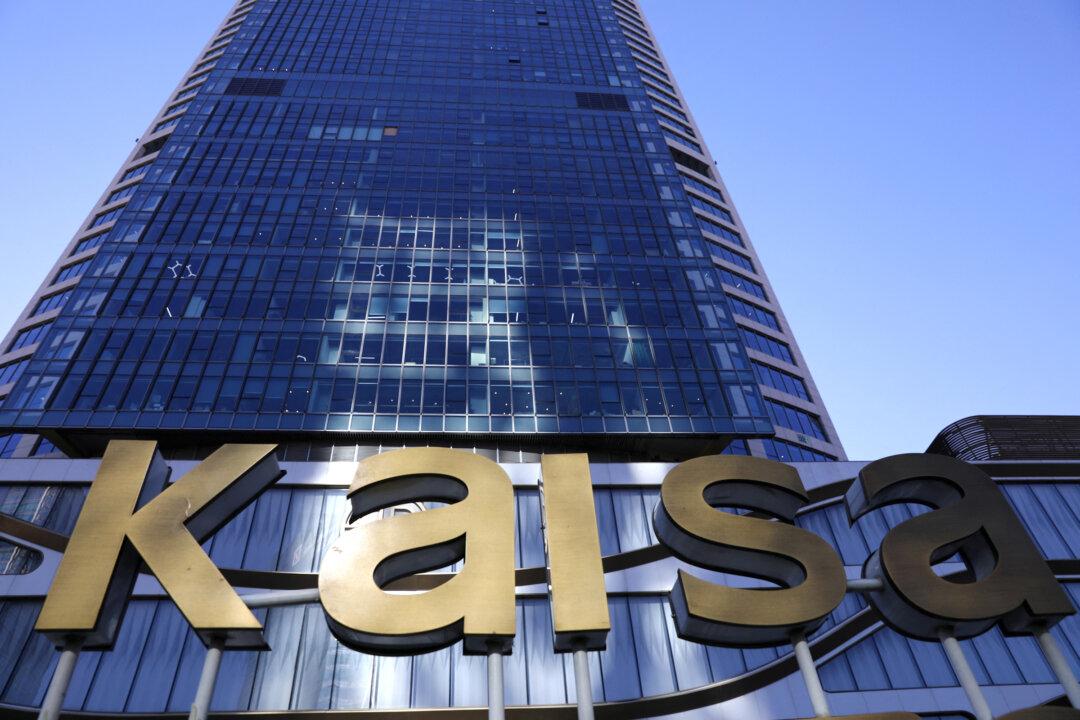China’s embattled developers, Evergrande and other property companies, have reportedly shifted billions of dollars in debt to off-balance sheet vehicles, according to recent research from investment bank JPMorgan. Once this additional debt is counted in, the leverage ratios rise distinctly.
Those property developers have utilized the tactic to help comply with new borrowing cap rules introduced by the Chinese regime last year, reported Reuters citing the JPMorgan research.




